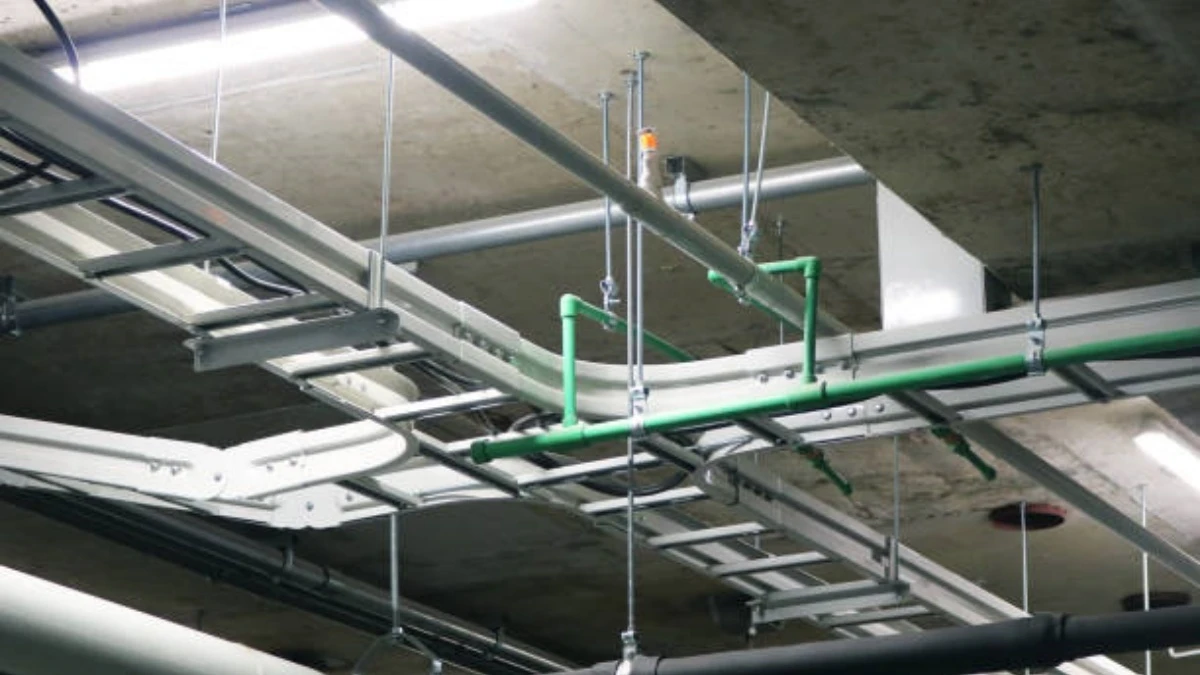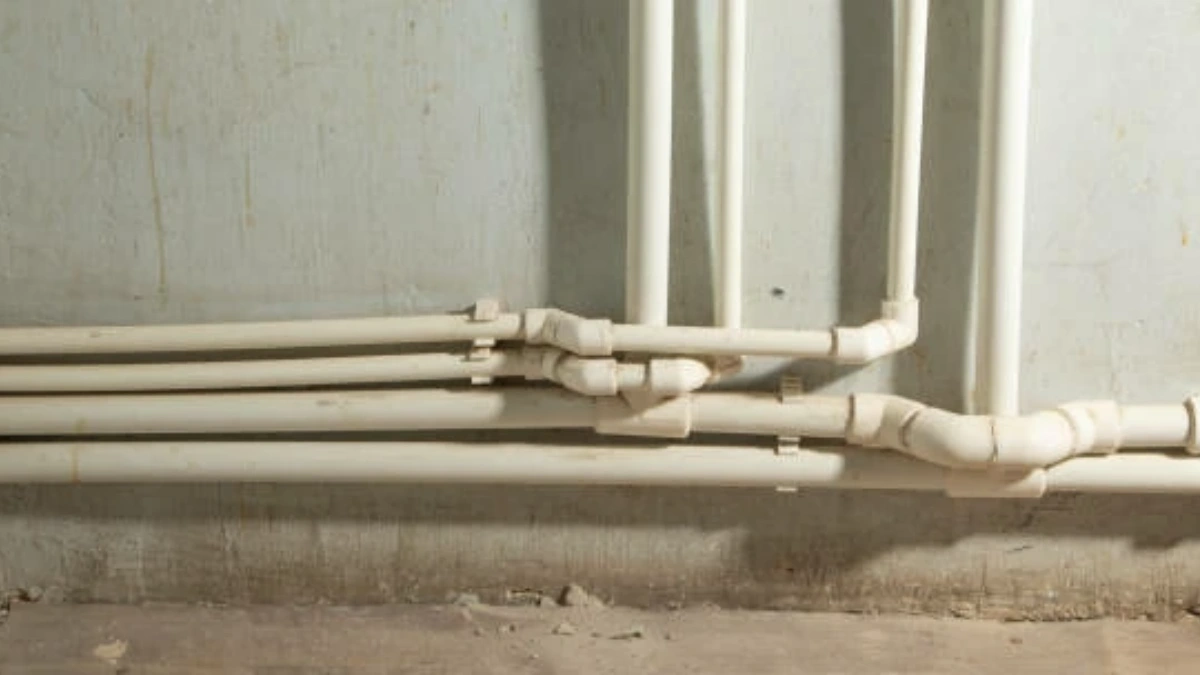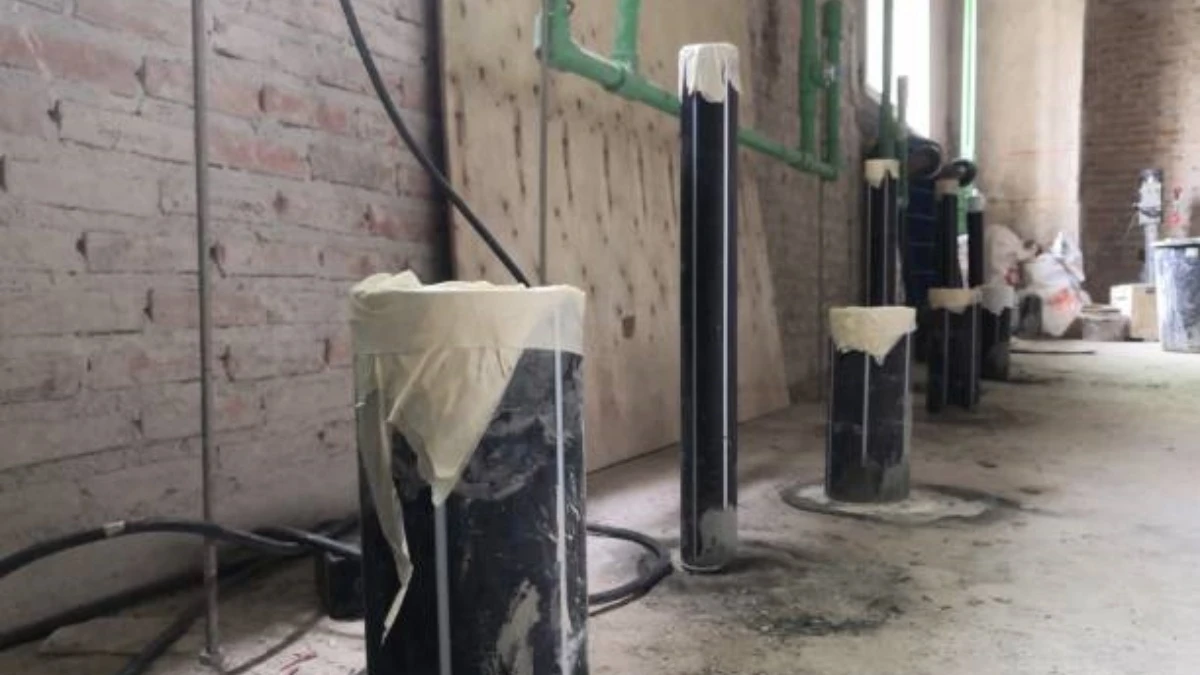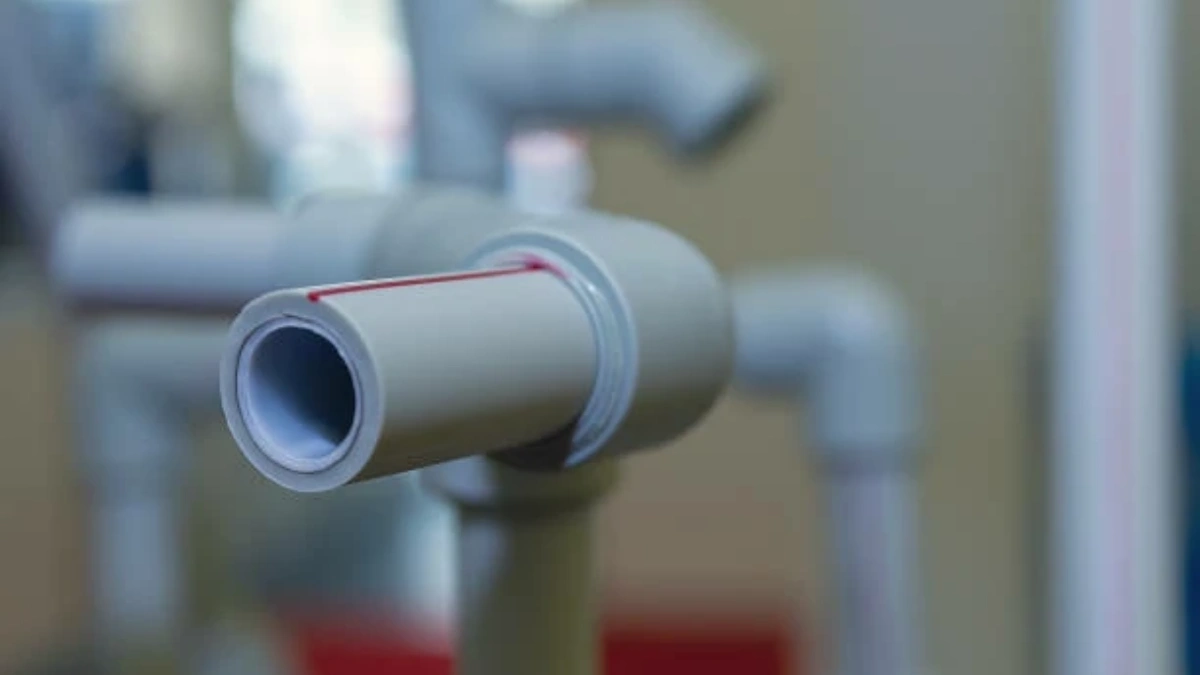Introduction
Plastic has often been a polarizing material, seen by some as a convenience and by others as a major environmental villain. However, as we navigate the complexities of the modern world, understanding the multifaceted benefits of plastic becomes crucial. This article explores why plastic is considered the material of choice for the future, examining its versatility, sustainability efforts, cost-effectiveness, and more.
The Versatility of Plastic
One of the standout features of polymer is its incredible versatility. There are numerous types of plastics, each with unique properties that make them suitable for various applications. For instance, polyethylene (PE) is commonly used for packaging, while polyvinyl chloride (PVC) is favored in construction. From medical devices to automotive parts, plastic is ingrained in almost every industry, offering solutions that are often superior to traditional materials.
Plastic’s Role in Sustainability
In recent years, there has been a significant shift towards sustainable practices within the polymer industry. Innovations in biodegradable plastics are paving the way for more eco-friendly options. These materials break down more easily in the environment, reducing the long-lasting impact of plastic waste. Additionally, advancements in recycling technology are making it easier to repurpose plastic, thus minimizing landfill contributions and conserving resources.
Cost-Effectiveness
When compared to materials like glass or metal, polymer often comes out on top regarding cost. It’s lighter, cheaper to produce, and less expensive to transport. This cost-effectiveness not only benefits manufacturers but also consumers, making products more affordable. As industries strive for efficiency, plastic’s role as an economically viable material continues to grow.
Lightweight and Durable
Plastic’s lightweight nature offers numerous advantages, especially in industries like transportation, where weight can significantly impact fuel efficiency. Moreover, plastics are incredibly durable, resisting corrosion and wear. This longevity means that products made from polymer can last longer, ultimately reducing the need for replacements and saving resources.
Safety and Hygiene
Plastic plays a critical role in safety, particularly in medical and food-related industries. Many plastics are designed to be non-reactive and can be easily sterilized, making them ideal for medical devices and food packaging. Certain plastics even possess anti-bacterial properties, ensuring a higher level of hygiene.
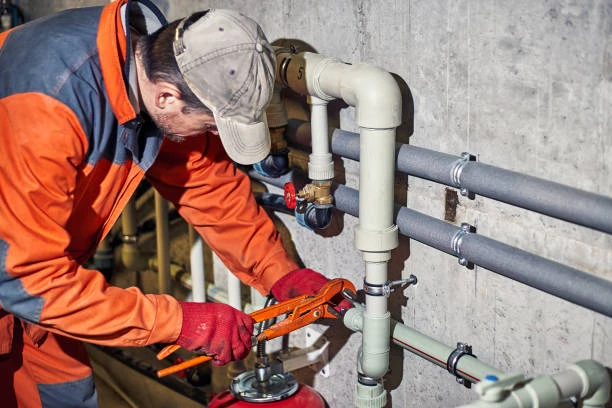
Design Flexibility
Another reason polymer stands out is its design flexibility. It can be molded into a myriad of shapes and sizes, allowing for innovative designs that might be impossible with other materials. From intricate packaging to bespoke components, the possibilities are endless when it comes to using plastic in design.
Energy Efficiency
The production and transportation of plastic often require less energy than alternatives like metal or glass. This energy efficiency translates to a smaller carbon footprint, which is essential in our fight against climate change. Lifecycle analyses show that, when managed properly, plastic products can be more sustainable over their lifetime.
Challenges and Criticisms
Despite its benefits, plastic faces significant challenges. Environmental concerns about plastic waste and pollution have led to increased scrutiny and criticism. However, addressing these challenges head-on with innovative solutions, such as improved recycling systems and the development of biodegradable options, can help mitigate these concerns.
The Future of Plastic
Looking ahead, the future of plastic appears bright, with ongoing research and development focused on enhancing its sustainability. Emerging trends, such as the integration of technology in plastic manufacturing, promise to improve efficiency and reduce environmental impact further. The industry is moving towards a circular economy model, where plastic is reused and recycled continuously.
Conclusion
As we advance into the future, plastic remains a material that combines versatility, cost-effectiveness, and sustainability. By embracing innovations and addressing environmental concerns, we can ensure that polymer continues to be an essential component of our lives without compromising our planet’s health. The key lies in responsible usage and continuous improvement, ensuring plastic fits into a sustainable future.
FAQs
What are the different types of plastic?
There are several types of polymer, including polyethylene (PE), polypropylene (PP), polyvinyl chloride (PVC), and polystyrene (PS), each with unique properties and uses.
How can I recycle plastic effectively?
Check local recycling guidelines to understand what types of plastic are accepted. Rinse containers, remove lids, and avoid contamination to ensure proper recycling.
Are there safe plastics for food storage?
Yes, plastics labeled with recycling codes 1, 2, 4, and 5 are generally considered safe for food storage. Always check for BPA-free labels.
What innovations are being made in biodegradable plastics?
Research is focused on creating plastics that break down more quickly in the environment, often using natural materials like starch or polylactic acid (PLA).
How does plastic compare to other materials in terms of environmental impact?
While polymer has a reputation for being harmful, its lifecycle can be more sustainable than alternatives like glass or metal when considering production, transport, and recycling practices.








